Increasing your vocabulary is one of the most important things you can do when learning any language. But it can often feel overwhelming when there are SO many words to learn – how do you know where to start!?
This is particularly the case for Arabic. Unfortunately for Arabic students, the drawback of it being such a beautiful and poetic language is that there are literally synonyms for EVERYTHING! You learn a word, then later you’ll hear three more that mean the very same thing. Anther challenge is making new vocabulary stick. How many times have you sat for hours at your desk learning a list of words by heart, only to find they’ve fallen out of your head the following week…? We’ve all been there!
But it doesn’t have to be that way. This list will give you 7 hints and tips to help you expand your vocabulary in a quick, efficient and – most importantly – sustainable way.

1. Keep a vocabulary diary
There’s something about shiny new stationary that gives you a fresh burst of energy to learn. So why not treat yourself to a nice new exercise book that you can use especially for noting down new Arabic words you hear and learn? Top tip: keep it small so you can carry it around in your pocket or your handbag and learn on the go.
If you’re a particularly creative person or you’re into bullet journaling, you can have great fun with this. You could set yourself words of the week and keep track of how many new words you’re learning, giving yourself inspirational quotes and gold stars as you go to keep you motivated. The only limit is your creativity!
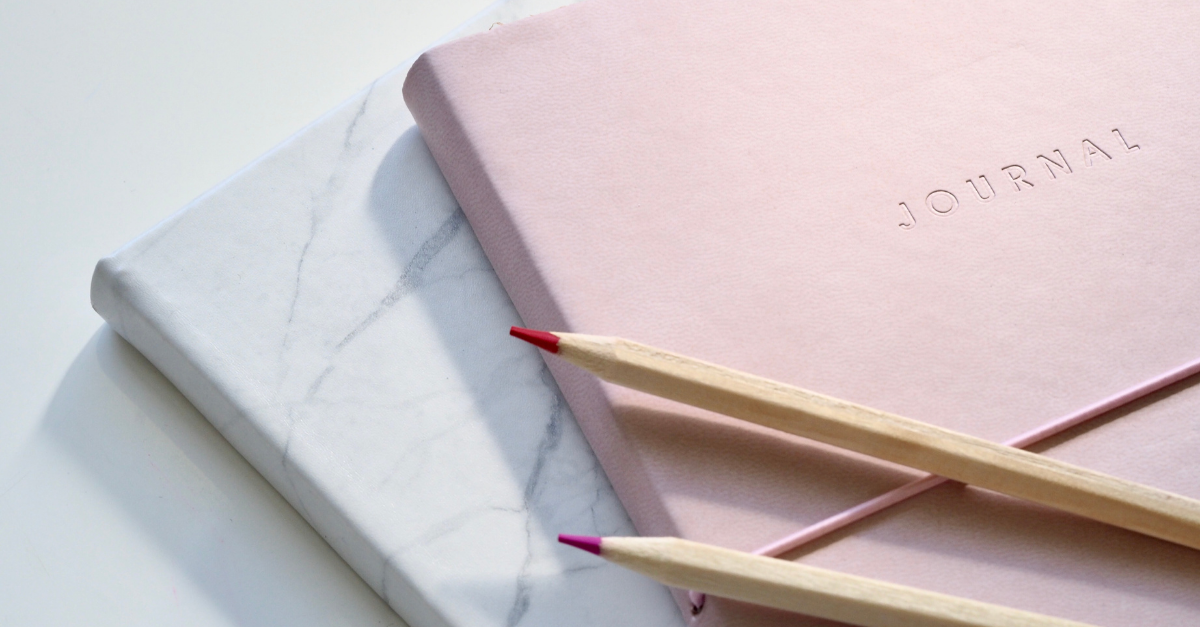
2. BUT… Don’t write down every single word you hear!
When writing down new words in your vocabulary diary, don’t forget there’s a limit to how many words your mind can actually take in. There’s a difference between writing something down once and actually learning it. And if you have pages and pages of words because you’re written every single thing down, the odds of you finding the motivation to sit down and review them at all are pretty slim. In fact, there’s a word for a book like that – it’s called a dictionary!
When you come across a new word and go to write it down, stop and think: Is this really useful for me? Am I likely to come across it again? Is it relevant to my subject or my area of expertise? Is it even in the right dialect for me? Basically, am I going to use it? Be discerning and DON’T make overwhelming lists of obscure or context-specific language that you’ll probably never use again. Prioritise the words that will make the biggest difference for you.

3. Make it visual
Research shows that 65% of people are visual learners. If you think you’re one of them, you’re probably going to struggle if your method for learning Arabic vocabulary is sitting at your desk with a long list of words and trying to magic them into your head. But there are so many other, more creative ways to learn new words.
Use your surroundings to help you learn. Draw pictures, stick post-it notes on household items. Write words of the week on your noticeboard or computer desktop where you will see them regularly. You could also try using flashcards or a more visual Arabic dictionary – for example, DK has an awesome Visual Arabic Dictionary with pictures for everything. It’s particularly good for day-to-day, practical vocab like food and travel.
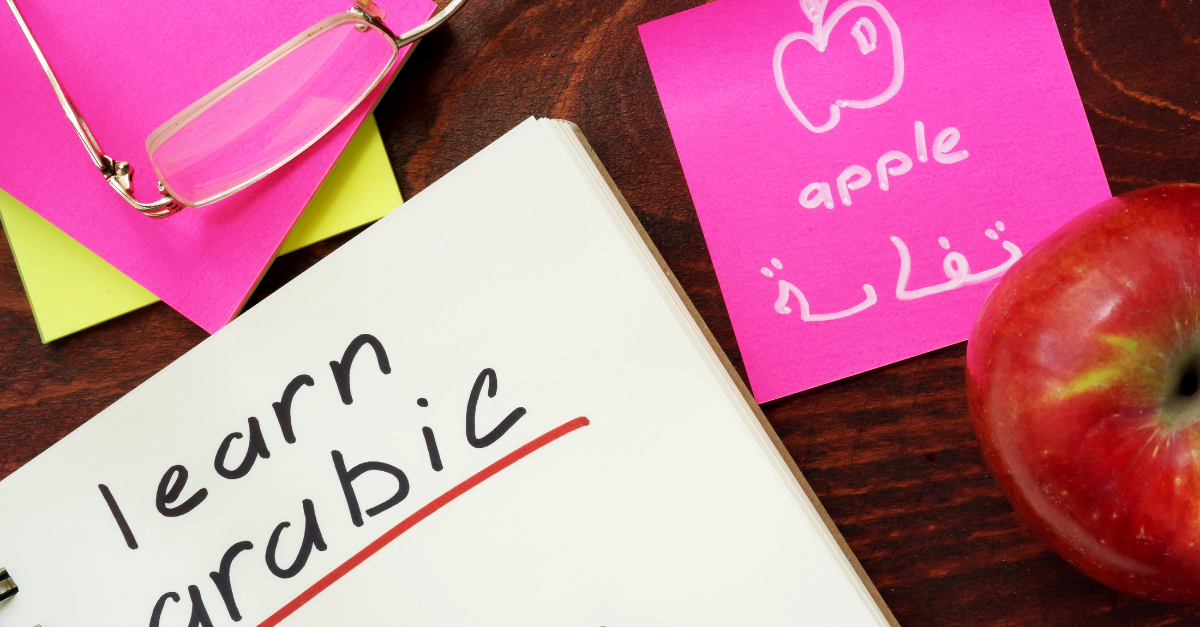
4. Practice translating words from English into Arabic AND Arabic into English
When you’re learning new words, you’ll likely find that you fall into a pattern of learning from one source language to another target language. For example, you might test yourself by looking at a word in English and writing its equivalent in Arabic, or vice versa. This is a great way to learn new vocabulary, but it’s important to make sure you’re testing yourself BOTH ways.
If you usually practice by translating words from English into Arabic, you might find you get stuck when you come across the word in Arabic and have to translate back it the other way. One way to counter this challenge is to alternate between the two while you’re learning, practising looking at the word in English and translating it into Arabic and then repeating the process other way around – ideally with a gap in between so you’re really testing yourself. This will help you recognise words and translate them quickly and easily both ways.
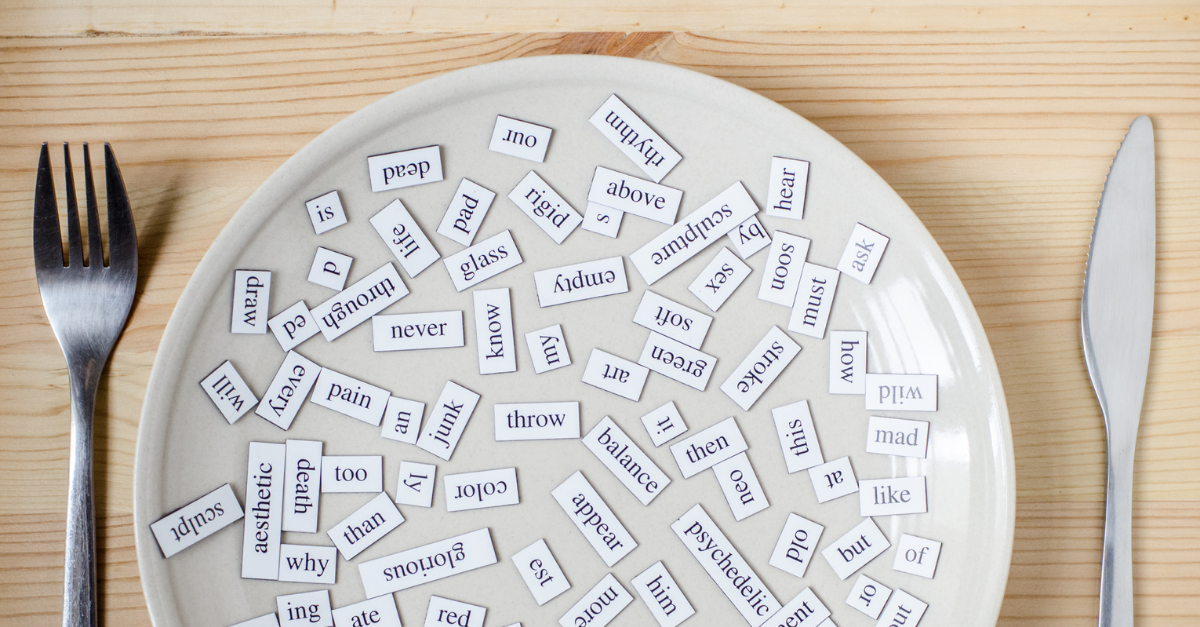
5. Create a rinse and repeat system
As we said above, there’s a huge difference between writing something down once and actually learning it (unless you have photographic memory, in which case we’re ridiculously jealous and you don’t need to read this!). We recommend looking at a new word and testing yourself at least five times to really make it stick in your mind – ideally once a day for five consecutive days.
You could use a notebook with columns and practice translating the word into a fresh column every day until you’ve got it right five times in a row. If you need something a little more visual, you could write each word on a small piece of paper and, once you’ve ticked it off the list, fold it up and pop it in a jar. It’s awfully satisfying to watch the jar fill up with all the new words you’ve learned – and it’s a great excuse to treat yourself when the jar is full!
The most important thing is to build a system that words for you that you can rinse and repeat, every day. Even if you’re only adding one new word a day, it’s way more effective – and fun – than consuming a long list in one sitting and forgetting them 90% within 48 hours! Repetition is key to making new words stick.

6. Use a language learning app
There are a number of smartphone apps for learning Arabic available that can help you learn new vocabulary in a fun, interactive and manageable way. Many are also free! Our favourites are Drops, Duolingo, Memrise and Quizlet.
Drops is a brilliant, game-style app that allows you to play for free for 5 minutes a day. It’s great for practical, day-to-day vocabulary. Quizlet is also brilliant because it allows you to create your own sets of flashcards and use other people’s too. It’s also great for subject-specific lists and dialects.
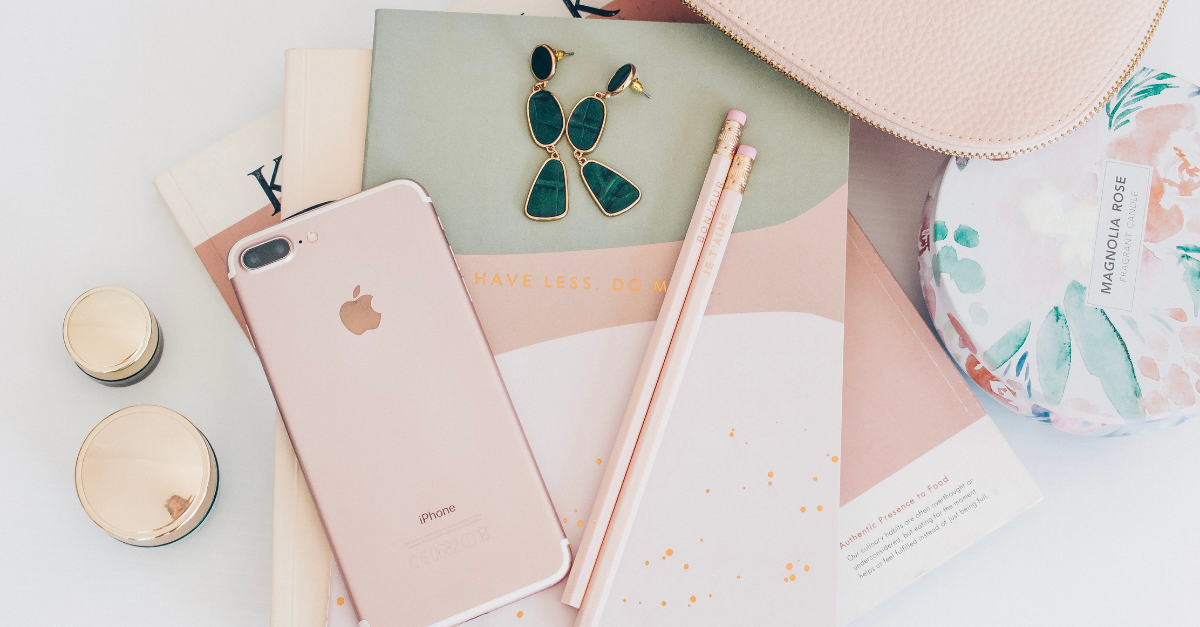
7. Build it into your daily routine
We’ve talked a lot on the Pink Jinn blog about the importance of setting effective goals for learning Arabic and building it into your daily routine – and learning vocabulary is no exception! First, setting SMART (Specific, Measurable, Achievable, Realistic and Time-bound) goals is absolutely key to achieve the results you want.
Click here for our step-by-step guide to effective goal setting for Arabic learners!
If you want to make consistent progress, building a habit of learning new vocabulary every day will get you there – even if it’s just one new word a day! And research shows that the best way to build a new habit is to tag it onto an existing habit. So if you make your coffee every morning, why not use the few minutes while it brews to practice new words on a language learning app? You could listen to a voice note on your commute, or stick a list of words in your bathroom to look at while you brush your teeth – the possibilities are endless.

What are your top tips for learning new vocabulary?! We’d love to hear them, leave us a comment below and let us know.
If you found this useful, you might also like:
10 ways to learn Arabic at home for free




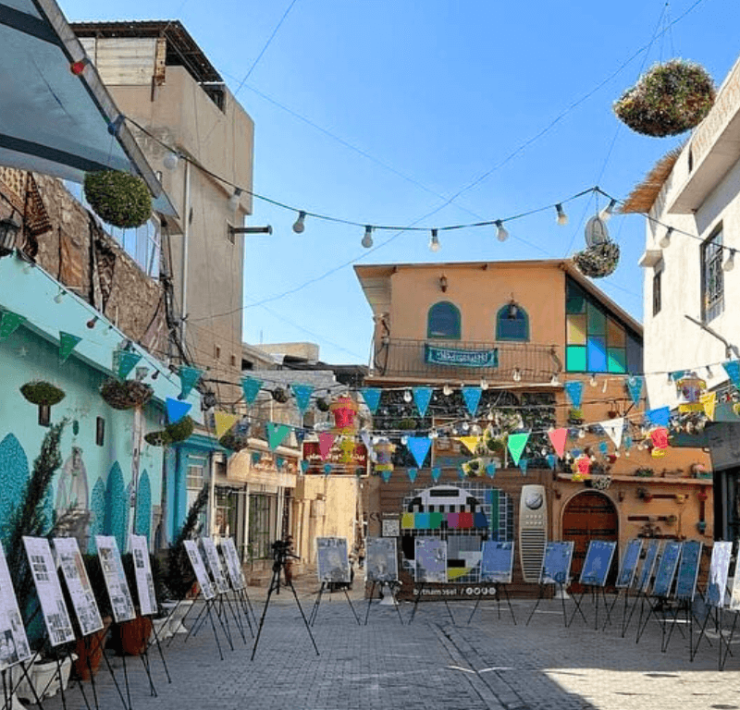


I am looking for an Arabic language learning app that immerses me in Arabic to English, and English to Arabic words and phrases on my headphones while I’m doing something else (like weeding or mowing the lawn).
Hi Bruce,
Thank you so much for getting in touch and well done for being so proactive with your Arabic learning!
I highly recommend podcasts if you’re looking for immersion. ArabicPod (https://www.arabicpod.net/learnarabic) was highly recommended to me by my own Arabic teacher, so maybe you should give that a try! Please do let us know how you get on and what you think of it. I believe there are different ones for different dialects too, as well as MSA.
Good luck!
Laura 🙂